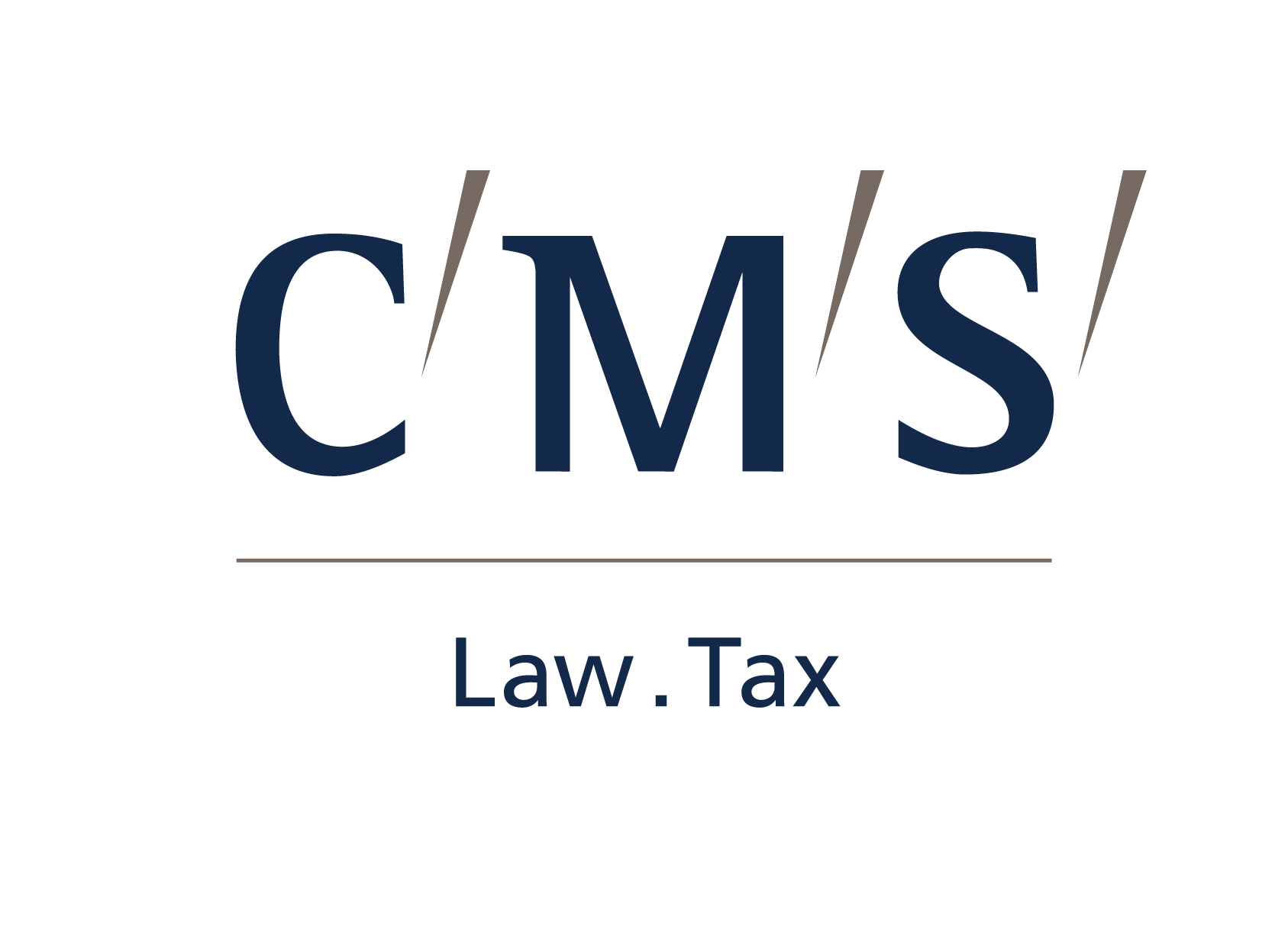Author - Lise Austen, Recruiters’ Club Manager, MyPlus
Like many other industries in the UK the pandemic has had an impact on the challenges that the legal sector faces when it comes to early years recruitment. Back in January 2020 law firm confidence was generally high with the war for talent raging, however according to various research reports the pandemic has changed the recruitment landscape for legal firms introducing a level of uncertainty. With diversity and inclusion continuing to be a top priority for many legal firms, a focus on disability could help address the challenges the sector is facing and contribute to alleviating the uncertainty.
Recruitment in the legal sector – pre-pandemic
Since the recession in 2008 there has been a skills shortage in the UK legal sector which has left some employees with the knowledge they may not be easily replaced. Prior to the pandemic law firms were optimistic, despite being faced with competition for work and skills. The pandemic has however stirred up the legal recruitment marketplace.
Recruitment in the legal sector – post pandemic
According to reports, including one from legal recruitment company Legal Southwest, during the first lockdown in March and April 2020, many firms responded by halting recruitment. However, as the pandemic progressed this approach has changed, and Legal SouthWest are now finding that legal recruitment is as busy as ever. They predict that recruitment levels will continue to rise for the remainder of 2021, with many candidates returning to the market after postponing plans to make a move in 2020.
In March 2021 new research by Search Consultancy looked at the extent of the skills shortage and has found that 58% of organisations within the legal industry are currently feeling the strain from a lack of skilled workers. A report by High Fliers in Dec 2020 found that graduate recruitment in the legal sector only declined by 3.9% in 2020.
Tackling the skills shortages with a disability focus
Diversity and inclusion is one of the highest board priorities for the Top 100 firms over the next 2-3 years according to the PwC Annual Law Firms’ survey 2020, with 82% of the Top 10 respondents listing it as one of their main priorities. When it comes to diversity and inclusion strategies, in most sectors, organisations will typically start with gender and progress to ethnic minorities and LGBTQ leaving disability last, more often, than not due to the perception that it is the most complex to address.
As many legal companies continue to focus on early years recruitment and with 15% of students in UK universities and 19% of the working age population having a disability those who prioritise disability will be ahead in terms of tapping into this talent pool, and ultimately helping address skills shortages. Investing in being confident in disability as part of your employment strategy will enable you to provide appropriate support and development, empowering new disabled employees to thrive at your firm and become your next generation of talented lawyers. Communicating your commitment to inclusivity of employees with disabilities will also build loyalty amongst all employees, particularly those with a disability.
For legal firms focused on reskilling and retaining staff it is important to also note that with 83% of people acquiring their disability, as opposed to being born with it, and the average age of acquiring a disability being 45, a disability focus will not only benefit candidates you are looking to recruit but also existing disabled employees and those that may become disabled whilst working for your firm.
MyPlus works with many top legal firms and has done for over 15 years helping them to build the knowledge and confidence to attract, recruit, support and develop disabled employees. The MyPlus Recruiters’ Club is a membership forum which provides advice and support through training, events and toolkits to help employers progress their disability strategy. To find out more visit our Recruiters’ Club page or contact info@myplusconsulting.com.












































